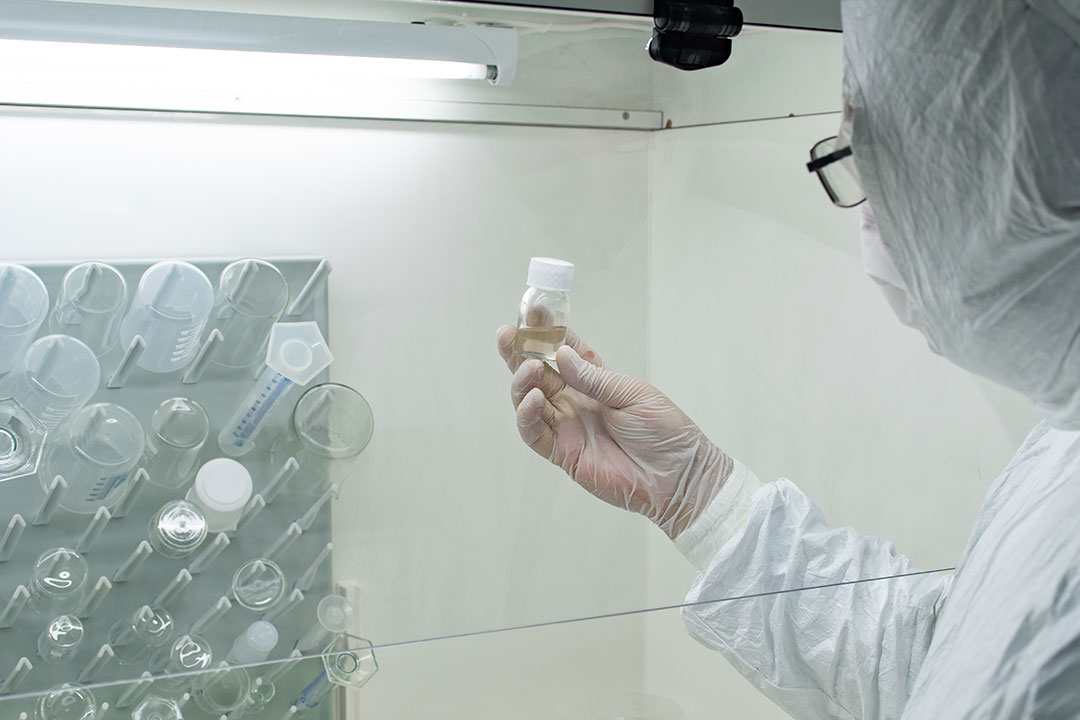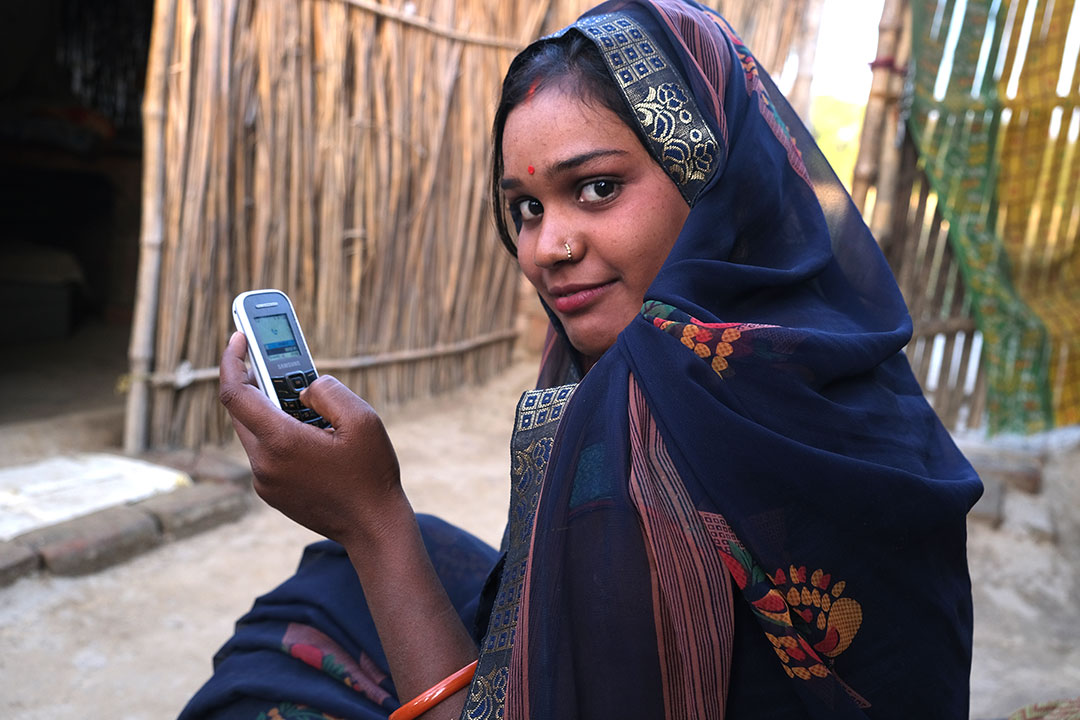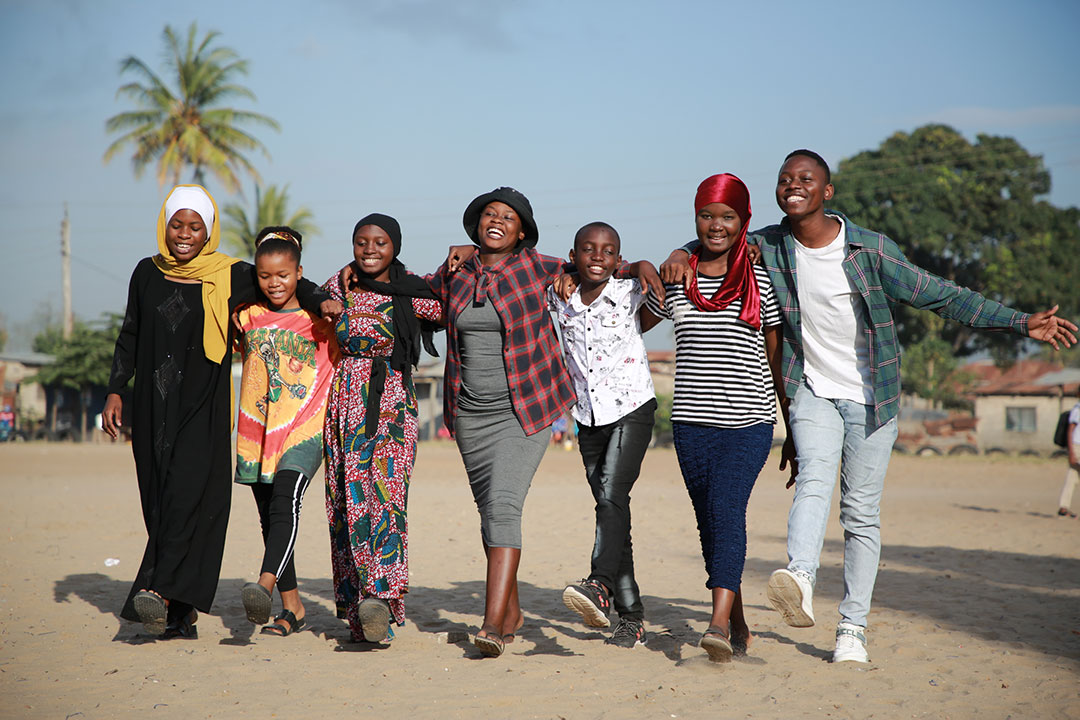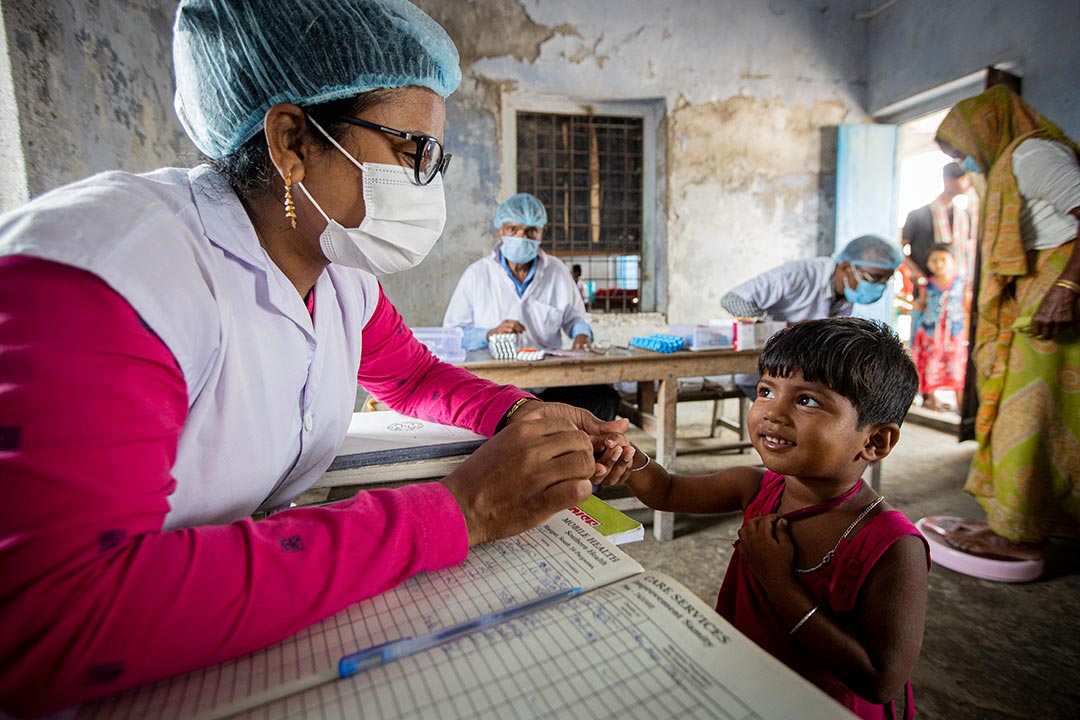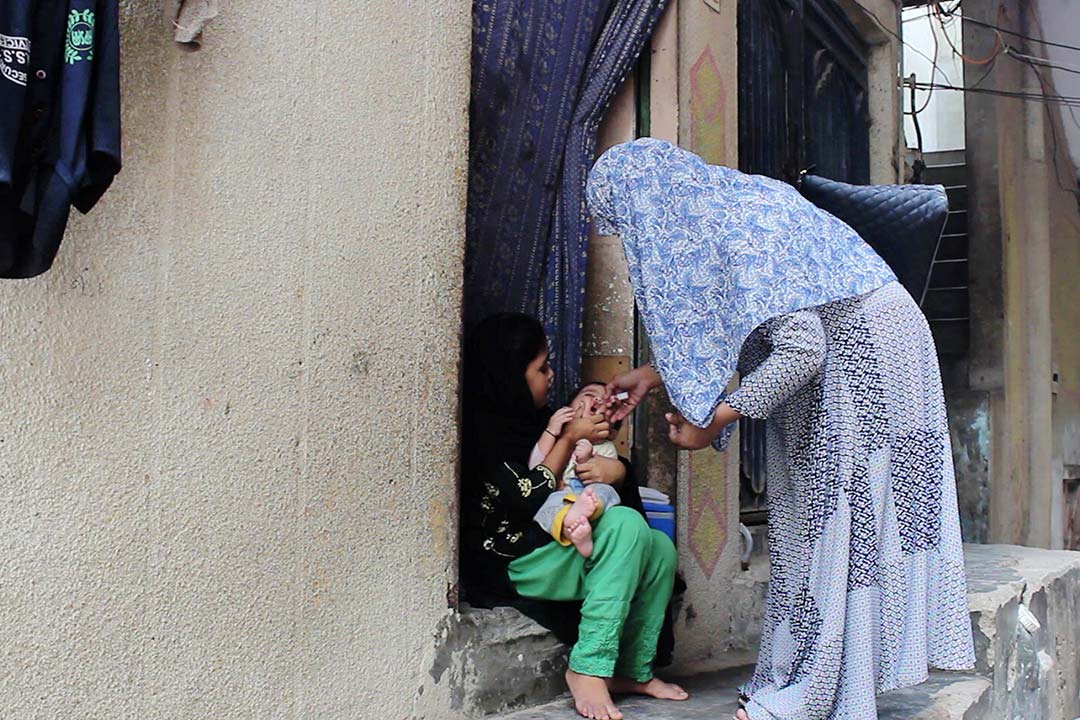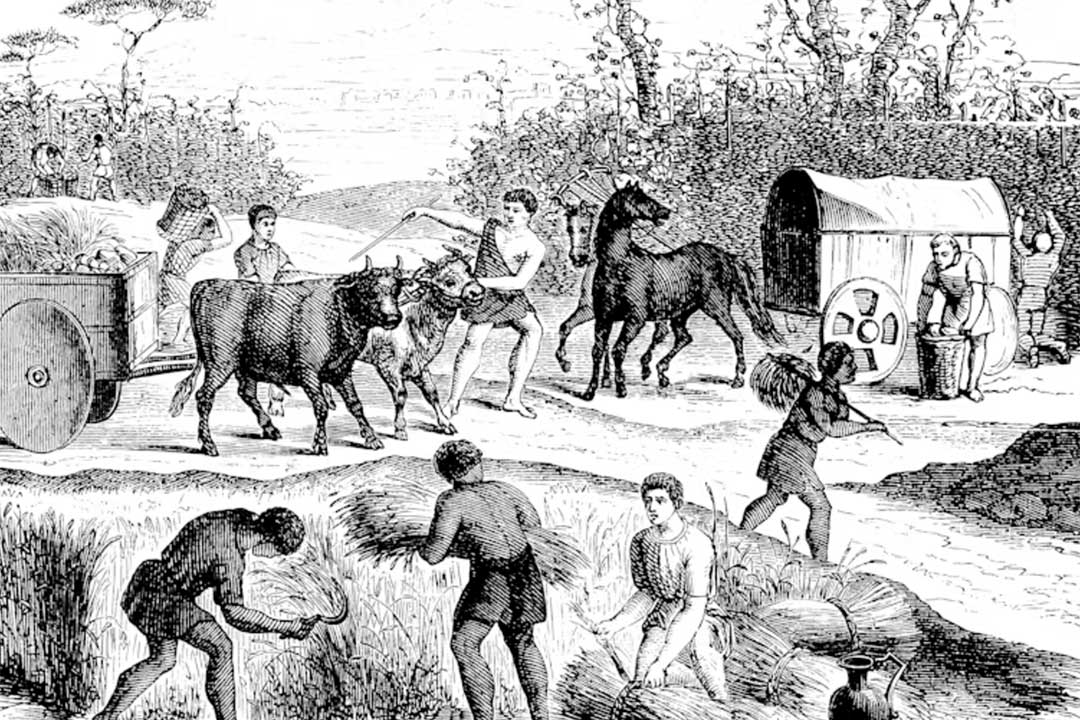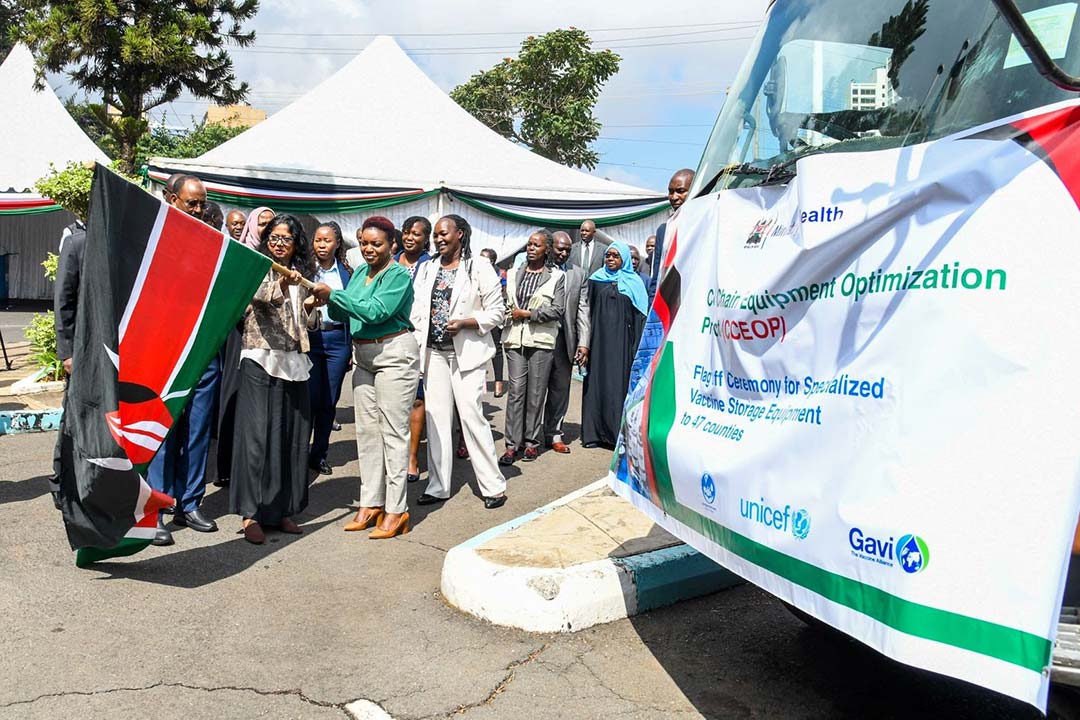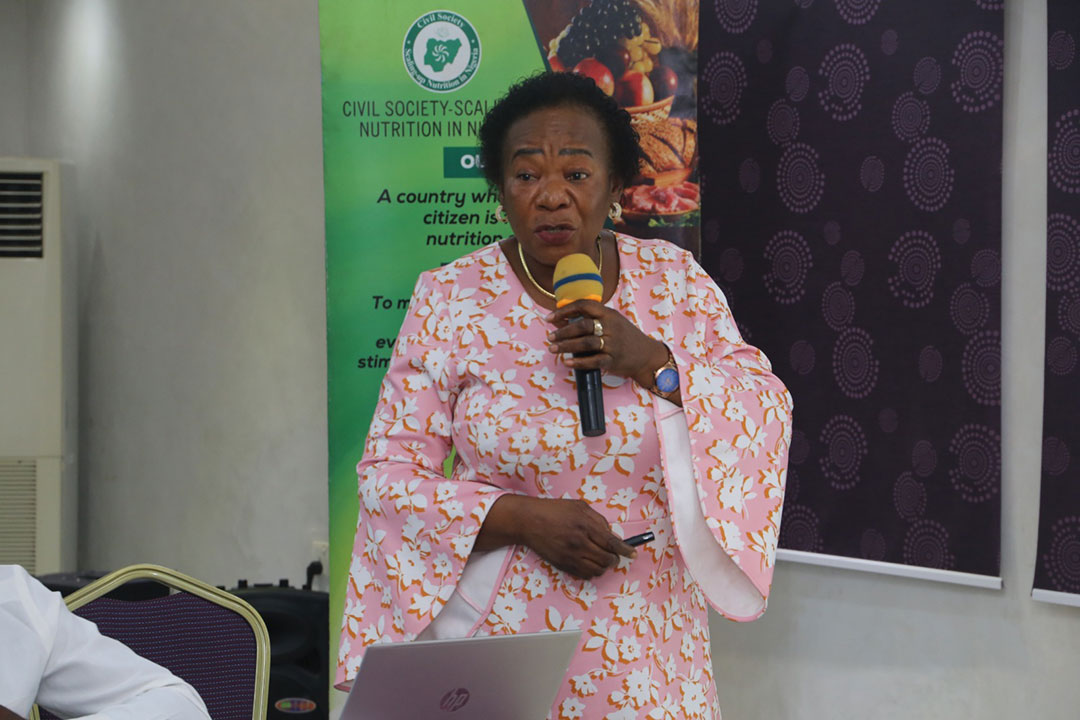Redefining the role of fathers is helping to boost vaccination uptake in rural India
Involving fathers in their children’s health decisions improves immunisation rates and hygiene in India.
- 1 December 2022
- 4 min read
- by Angela Wipperman , Francis Paynter
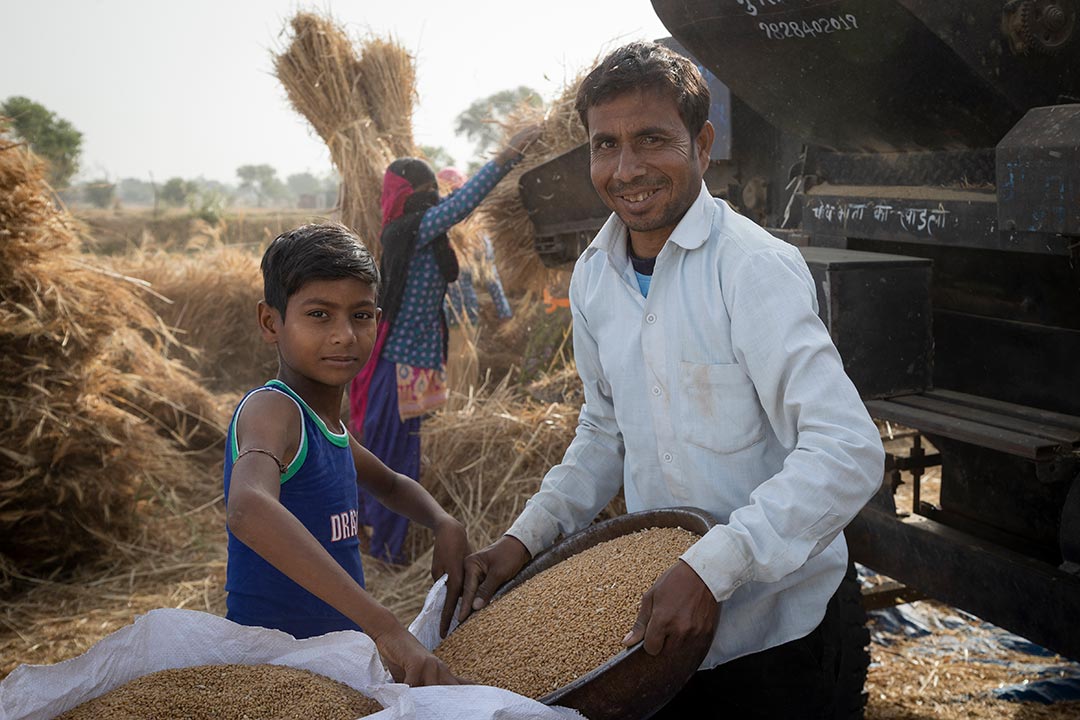
The COVID-19 pandemic brought home just how powerful the simple but effective act of washing our hands can be in slowing the spread of disease. And when we combine this with vaccines, we have a cost-effective and impactful way of reducing preventable deaths.
And yet, in many parts of the world, families are not practising or able to access these simple life-saving health behaviours. This includes India, where 9 in every 1,000 children die from pneumonia and diarrhoeal diseases,
Changing behaviours around health and hygiene is the goal of a new programme, Safal Shuruaat ('Successful Beginnings'), formed by Gavi the Vaccine Alliance in partnership with Unilever Lifebuoy. The programme takes an innovative approach: influencing the gendered nature of decision-making common among Indian families.
Shifting the perception of a father from provider to protector
In India, as in many other countries, there is a gendered division of familial roles: 88% of women and 75% of men in the country agree that caring for children is the responsibility of the mother. In practice, this means fathers spend much of their time working and being the financial provider for the household, and are less involved with their children's day-to-day health, education and lifestyle decisions.
As a result, health messages related to hygiene and vaccination are typically aimed at mothers, but this ignores the powerful influence fathers can have on their child's health.
Safal Shuruaat reframes this narrative by promoting joint responsibility when it comes to specific health-related behaviours such as handwashing and immunisation, while simultaneously helping to remove gender-related barriers that could affect a child's health.
Have you read?
Dalveer Singh, Head of Experiential Marketing, Dialogue Factory at Group M India, says, "[Safal Shuruaat] emphasised how active paternal involvement in parenting is essential for better cognitive and emotional development of the child… and ultimately contributes to improving their child's health, development and social relationships.
Helping both parents connect with health topics
Gavi, Unilever Lifebuoy and Group M worked with fathers to shape the programme's messaging. Focusing on some of the financial impacts of ill health clearly resonated with these key earners. As one participant said, "You spend only ten rupees for soap, but in case of illness, you end up spending 1,000 rupees.
Using these insights, the programme was implemented in Uttar Pradesh, the most populous state in India whereit reached 3.7 million people within the first five years.
Community talks to parents were delivered by a pair of facilitators – a man and a woman – to help both parents connect with the topics. Other messages, including immunisation reminders, were shared across multiple channels.
Changing attitudes and behaviour
After a year, the programme saw a 20% decrease in the number of parents who believed fathers should only take care of a child when the mother is too busy. Participants also highlighted a 45% increase in the belief that both parents should discuss childcare.
Critically, the incidence of handwashing and knowledge of essential vaccinations in parents rose by four and five times, respectively.
Dashrath Bhartiya, a parent from Prayagra j, India, admits the programme affected his outlook on parenting: "Through the Safal Shuruaat meetings with other parents, I learnt how important it is for both parents to mutually decide and work towards the development of their children. Now my wife and I discuss and decide everything about our children's education, health, future, and so on.
Working together to protect more children
The Safal Shuruaat programme has shown it is possible to increase uptake of handwashing and immunisation and simultaneously contribute to the broader goal of gender equality by re-defining gender norms in society.
This success has prompted the Indian government to further promote vaccination and handwashing with soap as a dual strategy to prevent childhood infectious diseases.
Gavi and Unilever Lifebuoy are now looking to share these best practices widely and expand the joint hygiene and immunisation programme to other countries facing similar challenges.
Read more
More from Angela Wipperman
Recommended for you
